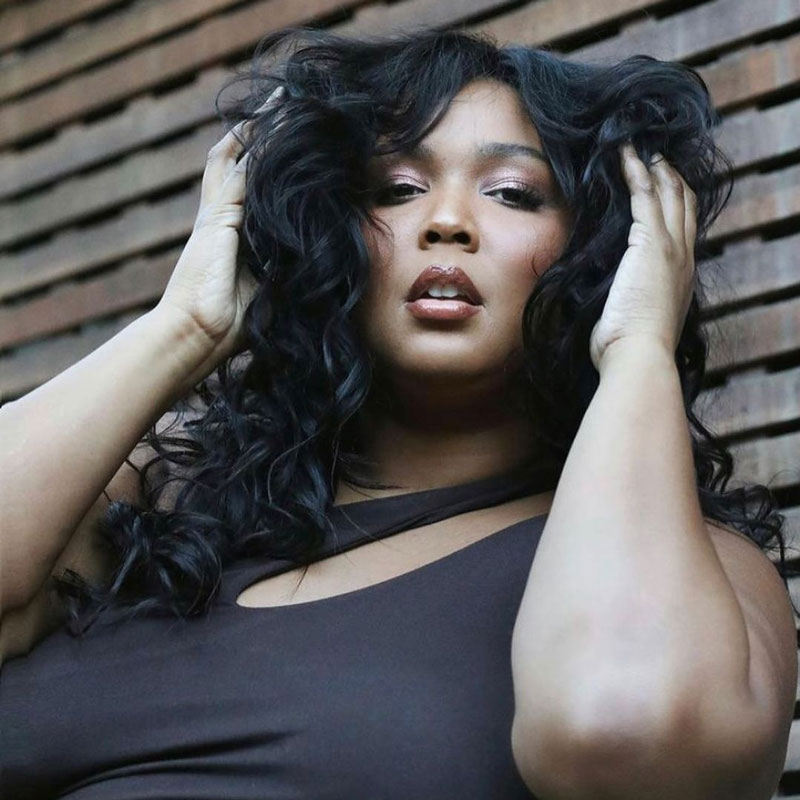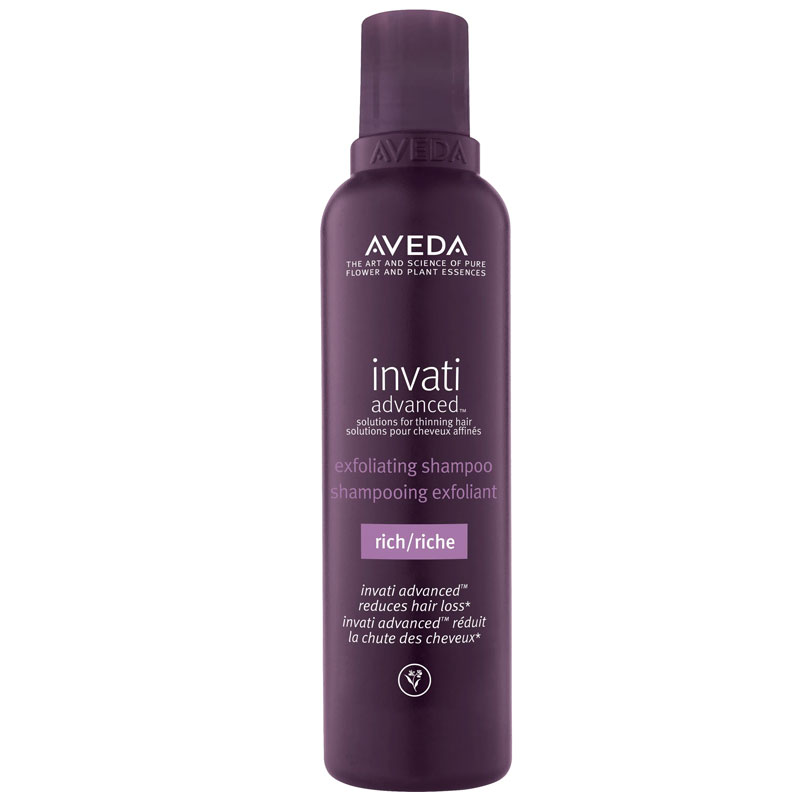Much has been said about changing beauty habits amidst a pandemic. Make-up items such as lipsticks and foundations have experienced a dip in sales, individuals are pivoting their focus to skincare, while there proves a renewed interest in sensorial tools such as guashas and facial rollers. The longevity of these monumental shifts remain a hotly-contested topic, though it is safe to say that the amplified awareness with regard to scalp care is here to stay. This is especially so when it comes to the Asia-Pacific region, as found in a survey conducted by London-based market research firm, Mintel.
A recent study led by the company elucidated that consumers are looking for products that straddle the line between skincare and haircare categories; an expectation of effective results that encompass both the scalp and strands. It’s a telling statistic as any, with the recent boom in scalp serums, exfoliants and oils backing this claim. The increasingly saturated market, however, does bring about more questions than answers. They include: What are the products you should be integrating into your routine for a healthy, balanced scalp? How can you identify your scalp type? And are there any hard and fast rules to crafting an ideal scalp care routine?
Lucky for you, we at Vogue Singapore have done the legwork and reached out to several professionals so as to garner their expertise. From the identifying factors behind a healthy noggin to solutions for issues such as dandruff and flaking, here are your burning scalp care questions, answered. The lowdown, below.

1 / 6
How can you identify your own scalp type?
“The characteristics of one’s scalp are determined by the amount of sebum (a type of oil naturally that protects the scalp) produced by the scalp. The three broad groups of scalp types are: oily, dry and balanced,” states Dr Rachel Ho, Medical Director of La Clinic. “Oily scalp is due to increased sebum production. People who have oily scalp tend to feel that their scalps are greasier faster; and their hair can be limp and oily. They also feel that they need to wash their hair once a day to reduce this greasy sensation. They may also have acne on the scalp.
“Dry scalp tends to be felt as tightness, dryness and flaking due to reduced sebum production. Conditions such scalp eczema and psoriasis can also present with similar symptoms,” Dr Ho explains. “A normal, healthy scalp is something in between, where the scalp produces just enough sebum to moisturise the scalp without causing greasiness.”

2 / 6
Does the skin of your scalp differ from the skin of your face?
According to Dr Sylvia Ramirez, Medical and Scientific Director of Cutis Laser Clinics, the difference primarily lies in its function in protecting our heads. “The skin on the scalp is one of the thickest on the body, and has a high follicular density which results in a moist, warm and dark environment. This is beneficial so as to keep our heads warm but it also increases the risk of fungal infections which thrive in dark and moist environments,” she states.
“A second difference is the high rate of sebum production which can further promote growth of microorganisms. Finally, because of repeated contact and manipulation (blow-dry, brushing, use of styling products), the scalp is at increased risk of injury. All of these factors make the scalp more prone to certain skin disorders and problems that differ from facial skin.”

3 / 6
What does a healthy scalp look like?
The general consensus is that it is free of itching, irritation, flaking, redness and pain. There should also be no painful or sensitive areas, or signs of infection, sun burn, or hair loss.

4 / 6
What are the best products you should be using for an oily scalp?
For those with an oily scalp, Dr Ho recommends you wash your hair every day or at least every other day to reduce sebum build up and acne on the scalp. “Leave-on conditioners or products that contain oil or are heavy are best avoided to prevent a greasy scalp and limp hair,” she says. “Shampoo and conditioners that contain ingredients such as AHAs and salicylic acid are helpful in exfoliating the scalp to reduce sebum build up. Niacinamide is another ingredient in hair products that can also reduce oiliness.”
If you have an oily scalp, give the Aveda Invati Advanced Exfoliating Shampoo Light, $186, a shot.

5 / 6
What are the best products you should be using for a dry scalp?
“With a dry scalp, it is important to find out what is contributing to the dryness. Common factors include an allergy or irritation from a product, constant friction from hair styling, and generally reduced sebum production,” states Dr Ramirez. “Switching to a gentle moisturising shampoo or conditioner can help, or shampooing the hair less frequently. Using a humidifier may also help to keep the scalp from getting dry, especially if you always sleep in an air-conditioned room.”
Products-wise, Dr Ramirez recommends products containing oil and hyaluronic acid. “Also beneficial may be anti-inflammatory agents like aloe vera. Consider a fish oil supplement; limited clinical studies suggest its benefits in preventing hair loss,” she continues. “In one study, women with thinning hair took a fish oil supplement for 90 days with reported increased hair growth and strength. Fish oils nourish the hair by enhancing scalp circulation and by reducing inflammation that can result in hair loss.”
If you have a dry scalp, give the Coco & Eve Super Hydrating Shampoo & Conditioner, $37 each, a shot.

6 / 6
Are there any foolproof ways when it comes to dealing with scalp issues such as dandruff and itchiness?
“Dandruff is due to a condition called seborrheic dermatitis and yeast proliferation on the scalp. Over the counter (OTC) medicated shampoos that contain anti-fungal ingredients such as zinc pyrithione, selenium sulphide and ketoconazole can help,” says Dr Ho. “Salicylic acid can also reduce the flaking. If the dandruff persists in spite of these OTC treatments, its best to consult your doctor as medications may be needed.”
Scalp psoriasis and eczema, on the other hand, require more specific solutions. Dr Ramirez elaborates. “This is a chronic condition that presents with itchy and scaly patches on the knees, elbows, trunk or scalp. There is no cure for psoriasis and this goes into cycles of activity then remission. It presents in many forms, and is best managed by a dermatologist,” she says. “Treatments for psoriasis aim to stop the cells from growing quickly and to manage the plaques. These include steroid creams and ointments, light therapy and even injections.”





